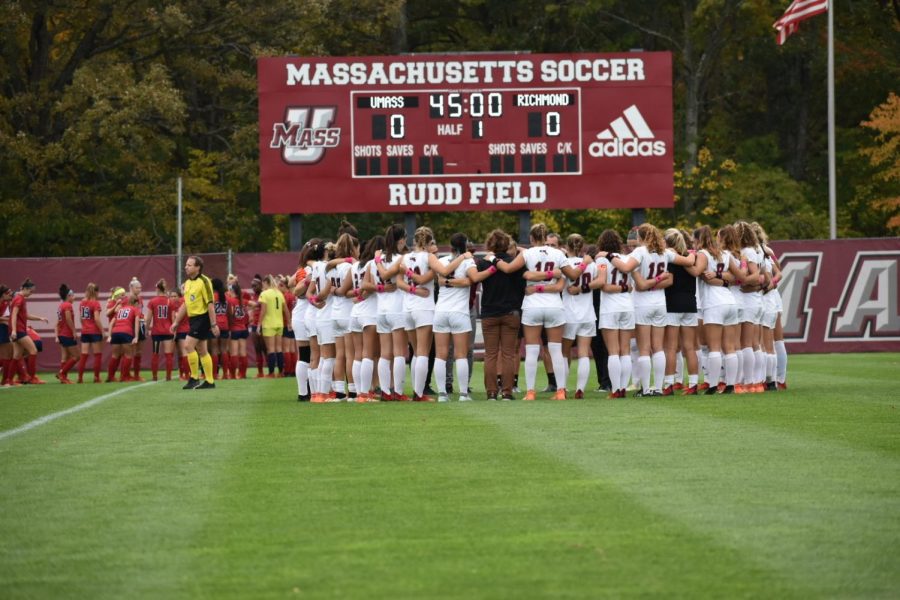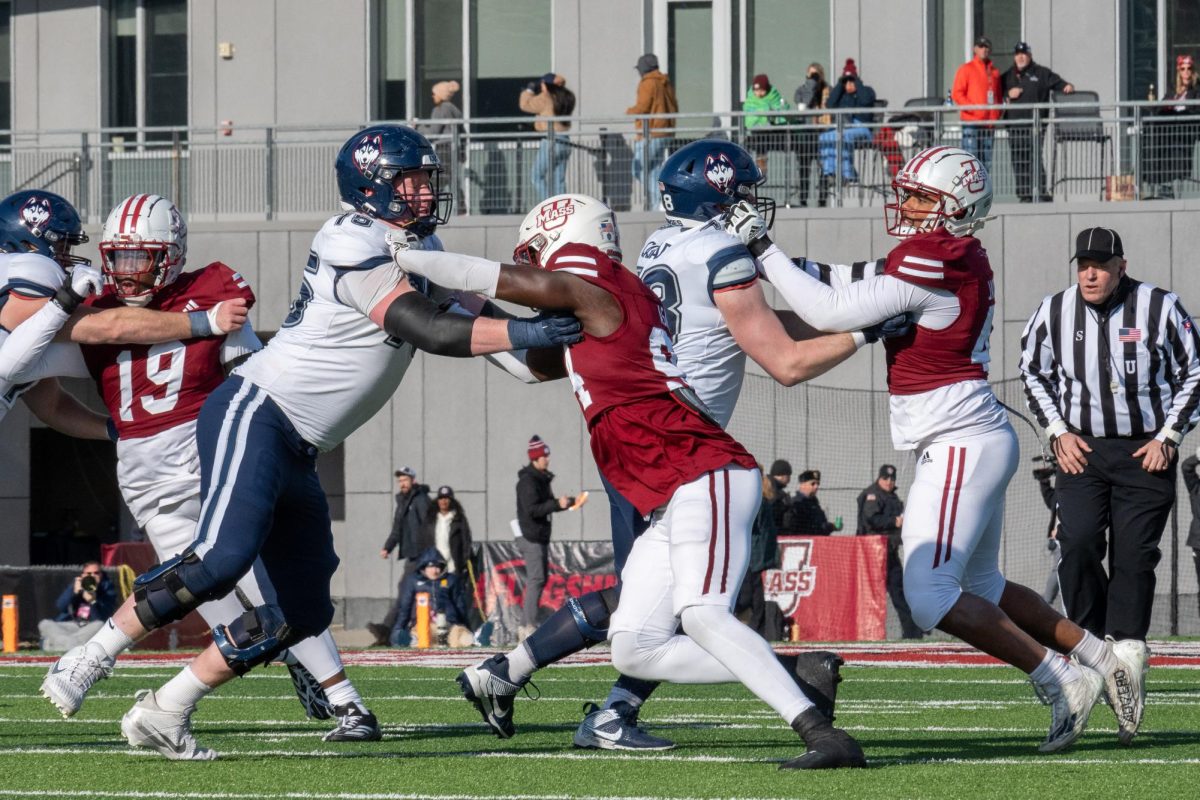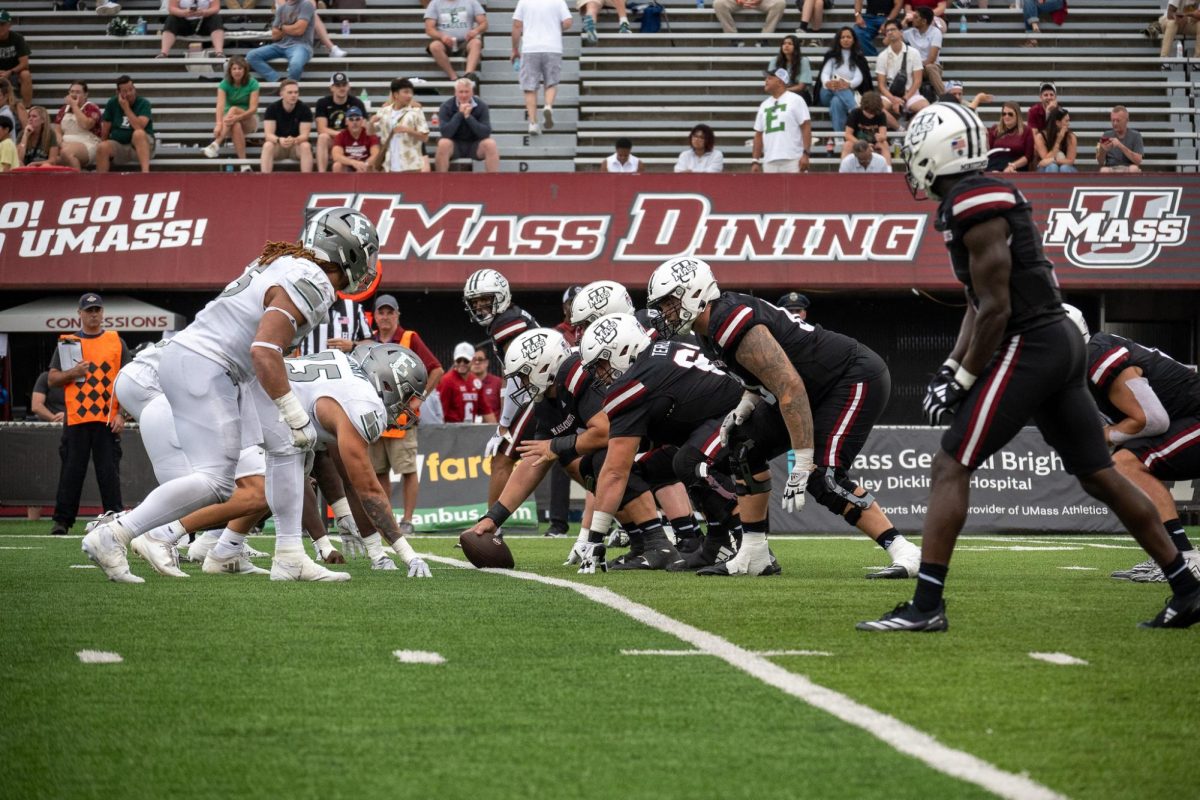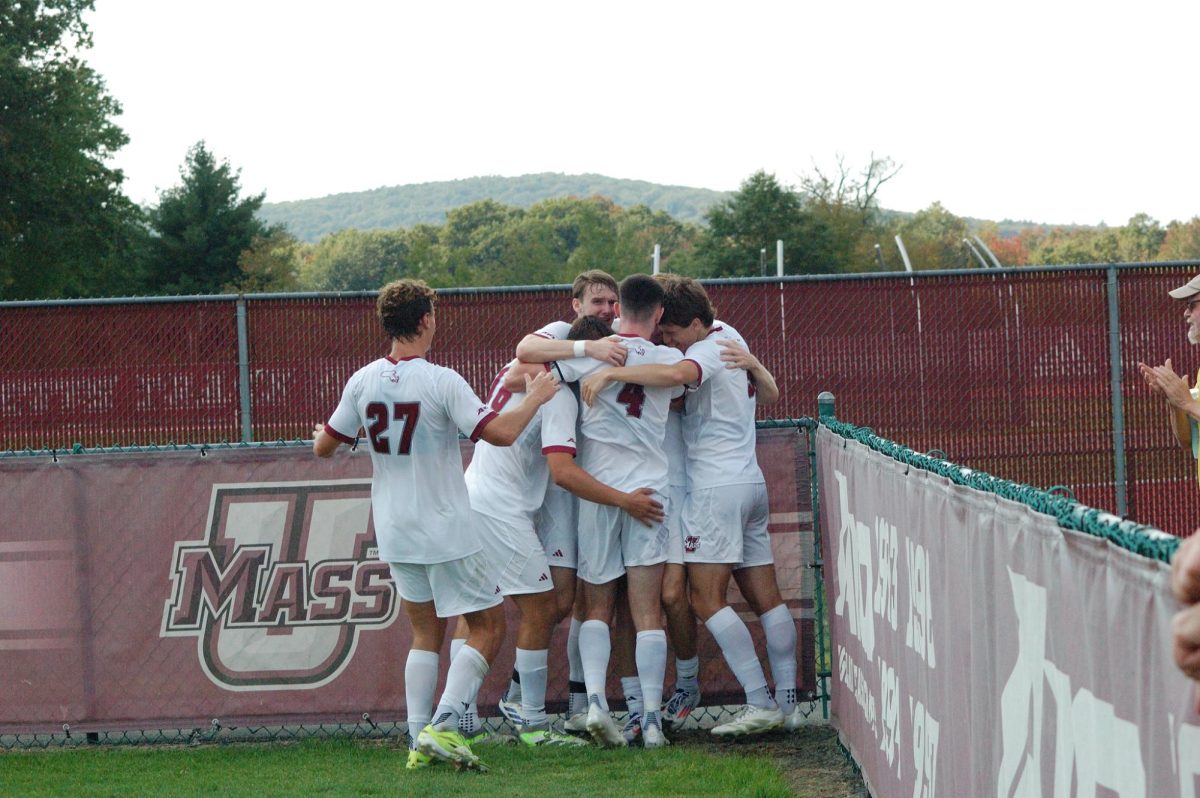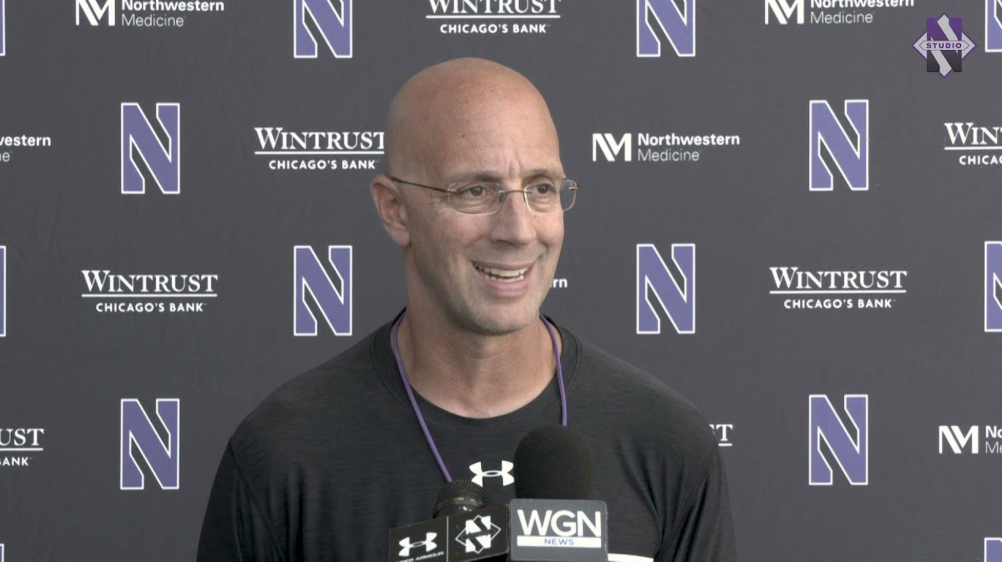In 1978, the University of Massachusetts Amherst elevated the Massachusetts women’s soccer team to varsity status. This began a program and community filled with notable and important players who would impact women’s sports forever. Fast forward to 2022, UMass athletics created Flagship 50, aimed at celebrating 50 years since the Title IX law was passed, recognizing the success the program has had since.
“The game is going to be to honor the history of what our program has done and to be one of the original Division I soccer programs in the country,” head coach Jason Dowiak said. “Even for the older era, the ones that aren’t able to get back for this one, we’re still excited to just honor them and play for them on Sunday.”
Title IX was a law passed in 1972 to prohibit sex-based discrimination at any school or educational program that receives federal funding. The law states:
“No person in the United States shall, on the basis of sex, be excluded from participation in, be denied the benefits of, or be subjected to discrimination under any education program or activity receiving Federal financial assistance.”
In their first varsity year, the Minutewomen put together an undefeated season, with a record of 15-0-1 under head coach Arnie Morse. Morse remained the coach for one more season before Ken Banda took over and led UMass to its first NCAA tournament appearance in 1982. For the following five years, the Minutewomen earned an NCAA Final Four playoff berth, placing third place overall in 1983 and 1984 and fourth in 1985 and 1986.
In its most successful season in 1987, UMass finished the tournament as the NCAA runner-up, marking Ken Banda’s final season.
Throughout their history, the Minutewomen made six Final Four appearances in the NCAA tournament, but in their first few years, including under Jim Rudy, who was Banda’s predecessor, they were a permanent fixture in the tournament. Rudy remained head coach for 21 years, coaching Hermann Trophy award winner April Kater, and United States women’s national team members Debbie Belkin and Briana Scurry.
The Hermann Trophy is given to the country’s top women’s collegiate soccer player each year, and Kater’s accomplishments spoke for themselves, finishing her time at UMass with 92 total points, including 35 goals. Kater also played in the 1989 and 1990 Olympic Sports Festivals. She pursued a career in coaching after graduating and got a job at West Virginia Wesleyan University. In 1993, the Hermann Trophy winner returned to the Minutewomen as an assistant coach under Rudy, remaining for two years before becoming the head coach at Syracuse University.
As for Belkin, she left UMass having made an impressive impact. She was named to the Soccer American MVP team in 1986 and 1987 and was chosen as the NCAA Final Four defensive MVP in the latter year. Following her time with the Minutewomen, Belkin was a member of the United States women’s national team from 1986-92, and won the first FIFA Women’s World Cup in 1991. After her playing career, she also coached at numerous different programs.
Scurry played goalkeeper at UMass from 1990-1993, anchoring the Minutewomen in their first Atlantic 10 championship win as a senior. She posted a .56 goals-against average across 65 career games with 37 shutouts and a .906 save percentage.
Scurry went on to join the United States women’s national team, making 173 international appearances and winning Olympic Gold Medals in 1996 and 2004, with a Silver in 2000. In 1999, Scurry had a Hall of Fame-worthy performance in the championship game of the Women’s World Cup, shutting out China for 120 minutes and stopping its third penalty kick attempt to allow Brandi Chastain to net her shot and win. Scurry became the first female goalkeeper elected to the National Soccer Hall of Fame in 2017.
Kater, Belkin and Scurry all have permanent spots in the UMass Athletics Hall of Fame.
Throughout Rudy’s 21-year tenure as coach, the Minutewomen went on to win four A-10 championships and made nine NCAA appearances. Angela Napoli followed him up, coaching for just a year before Ed Matz took over in 2010. Under his direction, UMass made five consecutive appearances in the A-10 tournament. From 2018 to today, Dowiak has been at the helm.
“We do our very best to empower players to be leaders in the community and on campus,” Dowiak said. “Get them motivated and inspired to play for each other, but also what came before and for the future of the program.”
Sophie Weller can be reached at [email protected] and followed on Twitter @SophieeWellerr.

